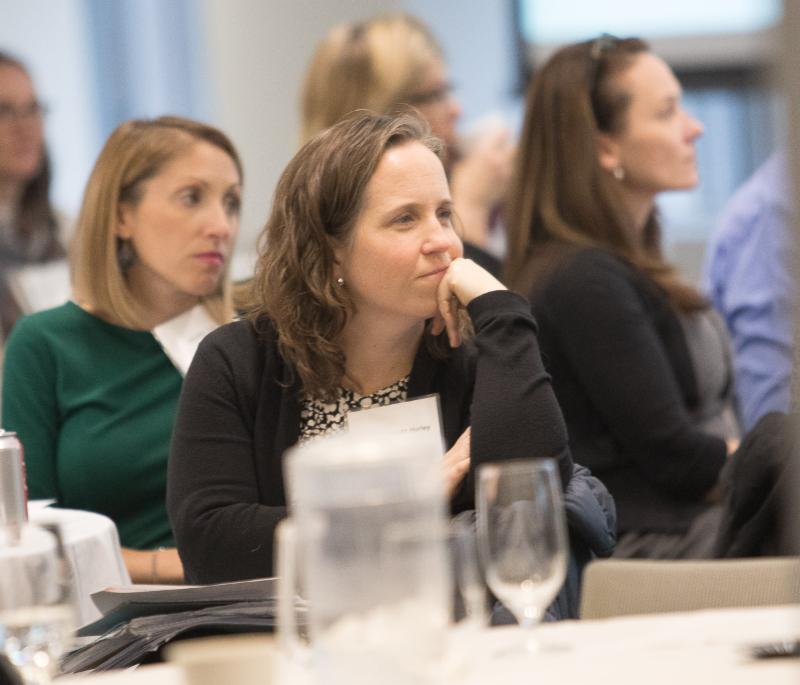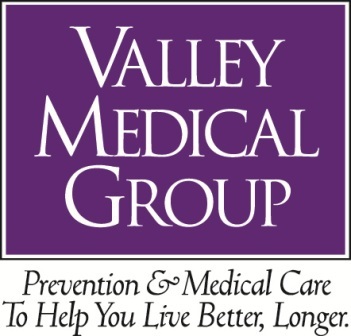November 2018 Newsletter

Publication Date: November 1, 2018
Coalition Meeting Focused on Messaging

Every voice mattered at the Coalition meeting held on November 19 in Boston. More than 70 members gathered for the session, representing a broad cross-section of organizations. The primary focus of the meeting was a recently launched Coalition project aimed at developing a unifying set of messages that can be used to motivate patients and families to engage in meaningful conversations about care preferences, values, and goals.
To help achieve this, the Coalition has hired the communications agency Flowetik to work on the nine-month project. Flowetik Founder and CEO Zamawa Arenas spoke about the core principles of social norms marketing, citing an example of a successful anti-smoking campaign conducted earlier in Massachusetts. She also shared with the group results of preliminary focus group research that provided initial insights on consumers' attitudes and behaviors around advance care planning and care for serious illness. Of particular interest are characteristics that make people more likely to have planning conversations that transcended demographics, such as the experience of losing a loved one or having young children of their own. In the coming months, Flowetik will use this and other in-depth research to inform recommendations on messaging.
Coalition members contributed their unique perspectives and expertise to this effort at a breakout session held during the meeting. In small groups, members talked about which advance care planning communication strategies work for their audiences and the types of challenges they face. Common themes shared with the group included a widespread aversion to use of jargon among their audiences and an emphasis on keeping conversations personal, hopeful, and positive.
Leaders also gave progress reports on other important Coalition initiatives, including development of curricula regarding serious illness communications at Massachusetts medical and nursing schools, efforts to improve e-sharing of advance directives, and the creation of individual member profile pages on the Coalition's website.
Scenes from November 19 Meeting

Educating Patients and Providers About Advance Care Planning

Knowledge is empowering for Valley Medical Group (VMG). The organization is based in the Pioneer Valley of Western Massachusetts, with health centers in Amherst, Easthampton, Northampton and Greenfield. They treat more than 12,000 patients over age 65, and VMG leaders are committed to promoting Advance Care Planning to enhance health care options for their patients. “It’s about educating our patients,” says Stephanie Pick, Special Projects Manager. “This isn’t about revenue; it’s about what’s important for our patients.”
For example, VMG’s Advance Care Planning Committee, composed of family practice and behavioral health providers, created a brochure, also available online, with links to relevant resources, and created a glossary of terms to include when giving patients a Medical Orders for Life-Sustaining Treatment (MOLST) form to enhance their understanding of the important decisions they are making. Pick says it increases their comfort level and makes the process less daunting. The group has found only a small percentage of patients have a MOLST or health care proxy form filled out. “People think they don’t need these forms until they are much older or sicker,” says Pick. “We want patients to see this as an important part of their health care, and to take the time to discuss it.” She said some patients don’t feel ready to have end-of-life discussions. “We encourage patients to schedule appointments with providers to talk about these issues before they face a crisis situation.” Patients are also encouraged to bring a loved one with them to the advance care discussions they have with providers.
The group is also exploring ways to increase the competence and confidence level of their providers about advance care planning. “We want to make sure our staff is trained to help people make these decisions,” says Pick. A June 2018 survey of 50 family practice providers revealed a variety of levels of comfort and skill. As a result, VMG hopes to engage someone in early 2019 to do a presentation to all of their providers and then conduct interactive training at each of their four offices.
VMG has also prioritized ensuring that electronic medical records include an Advance Care Planning template, so providers are properly documenting end-of-life conversations with patients. It facilitates reimbursement from insurance companies, which have covered these conversations since 2016. Having improved documentation will also make it easier to keep track of which patients have completed their forms. The group’s other goals for the future include hosting patient informational forums and asking everyone 18 and older to fill out a health care proxy form at their wellness visits.
VMG operates as an independent, multispecialty medical group. It has had an Advance Care Planning Committee in place for several years and is using a two year grant from Harvard Pilgrim Health Care to help fund their efforts. Pick believes the Coalition will also be a helpful resource for them moving forward. “We presented membership to the committee and the administration and they said sign us up,” says Pick.
For more information about VMG’s services, visit their website and click on “Advance Care Planning”.
If you have a story to share about your organization, please let us know! Contact Richard Averbuch [email protected].

